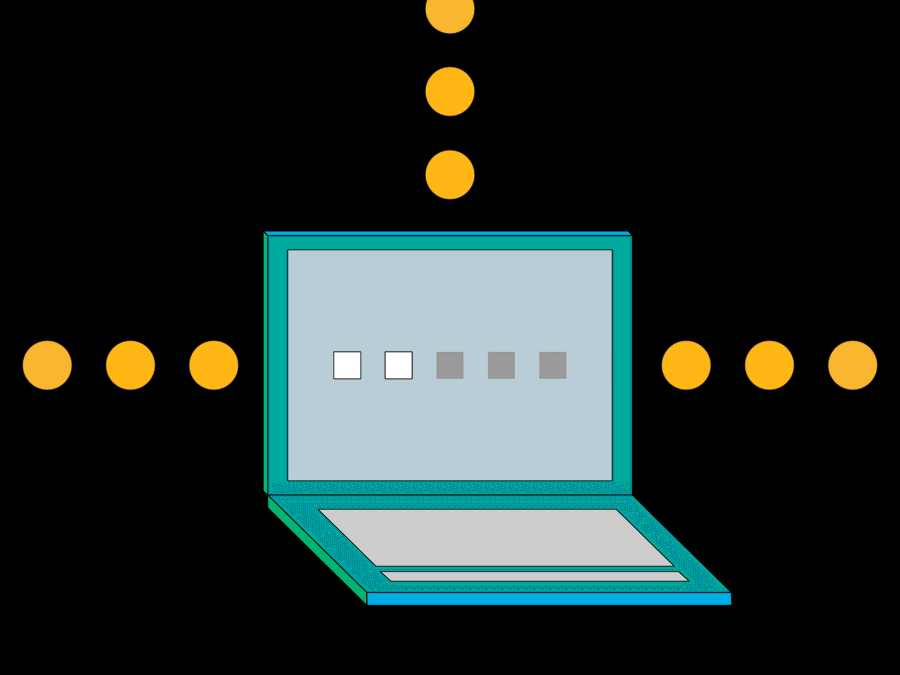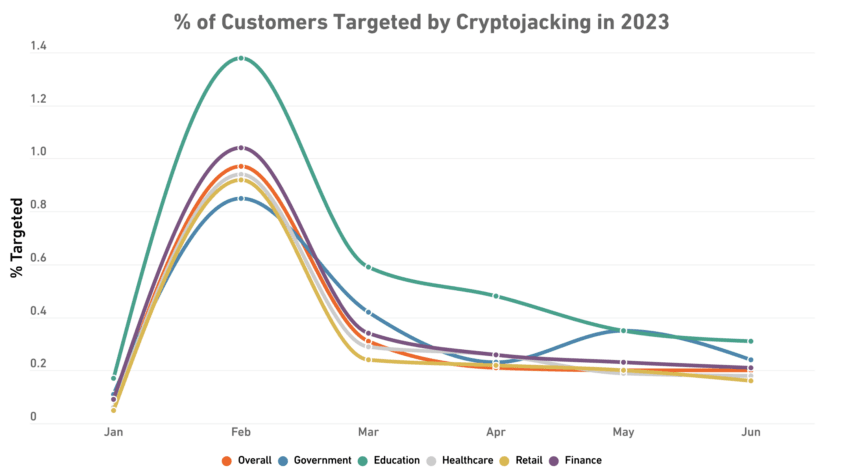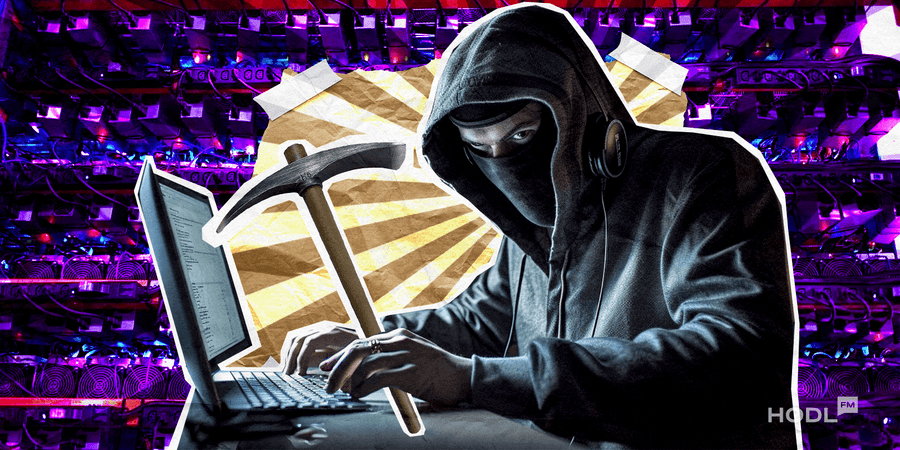South Korea’s Daejeon City fell victim to a server breach orchestrated by hackers aiming to exploit the computational power for cryptocurrency mining. The surge in cryptojacking incidents worldwide highlights the growing threat posed by cybercriminals in the crypto ecosystem.
Read More: Power-Up Protectors and South Korea’s NFT and CBDC Deposit
Intrusion and Malware Infection
The hackers gained unauthorized access to the administrator accounts of Daejeon City and subsequently infected the servers with malware. This malicious software allowed them to exploit the computational power of the compromised servers for the purpose of mining cryptocurrencies.
During a government joint audit on June 2, 2023, it came to light that the servers were infected with malware. The city’s cyber department promptly reported the incident to South Korea’s National Intelligence Services, initiating further investigation and response measures.
Understanding Cryptojacking
Cryptojacking refers to the practice of using victims’ devices or systems to mine cryptocurrencies without their consent. It has emerged as a favored method for cybercriminals to harness computing power for financial gain, exploiting vulnerabilities in digital infrastructure.

Alarming Statistics
The year 2023 witnessed a staggering surge in cryptojacking incidents globally. The attack volume reached an alarming 332 million, almost triple the previous year’s count of 139 million.

Conclusion
The server breach in Daejeon City, South Korea, serves as a stark reminder of the vulnerabilities within the crypto ecosystem. Cryptojacking incidents continue to pose a significant risk, demanding heightened cybersecurity measures and global cooperation.
More Info:
- What Is Cryptojacking and How to Protect Yourself from Malware?
- The Role of Cryptocurrencies in Cross-Border Trade and Supply Chain Financing
- Navigating the Crypto-Tax Labyrinth: A Field Guide for Cryptocurrency Adventurers
The arrest of a cryptojacking mastermind by Europol signifies a step forward in the fight against these illicit activities. As the crypto landscape evolves, it is crucial for individuals and organizations to remain vigilant and adopt robust security practices to safeguard their digital assets from cyber threats.
Disclaimer: All materials on this site are for informational purposes only. None of the material should be interpreted as investment advice. Please note that despite the nature of much of the material created and hosted on this website, HODL FM is not a financial reference resource and the opinions of authors and other contributors are their own and should not be taken as financial advice. If you require advice of this sort, HODL FM strongly recommends contacting a qualified industry professional.




